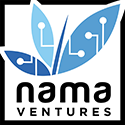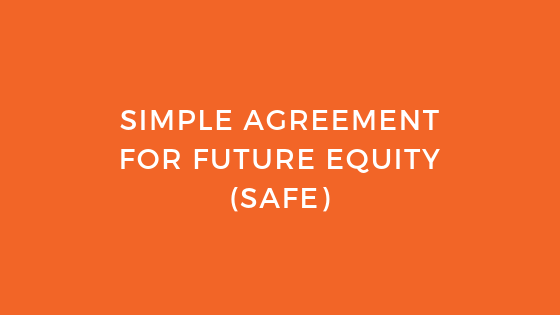Raising a capital for startups is hard work any business ventures know of. A lot of options are being offered in the market but not everyone is given the opportunity. One of these options is the Simple Agreement for Future Equity or is popularly known as “SAFEs” in the startup world.
SAFE note was created by Y-combinator in 2013 to help founders ease the burden of raising its first-round of funding and allow them and their investors lessen the risks that come with convertible notes – interests and debts. It develops the company for three months by letting them undergo programs such as educational workshops, and exclusive mentorship. By doing so, this prepares the companies for the Demo Day in Silicon Valley to showcase their ideas to investors.
SAFEs is an agreement that grants the investor to purchase equity from the startup company for its current price today, and the investor will receive the equity in the future. This scenario is called the “conversion”. SAFE note is the most preferred investment option in the industry because of its features – no maturity dates and stated interest rates.
Advantages of SAFE notes
Complexity. Compared to convertible notes, SAFE notes are much preferred because of its easy features and understandability.
Debt and Interest. Companies are worry-free since SAFE note is not a debt instrument and does not accrue interests.
Investor-friendly. SAFE notes are convertible into preferred stocks – leaving the investors a big advantage on their part and an opportunity to better benefits than they initially thought.
Negotiation. Due to its simplicity, SAFE notes have only a few terms to negotiate only . This allows straightforward and clear communication between investors and the companies. In practice, the items that need to be negotiated only are the valuation cap and discount rate.
Expected drawbacks
Dividends. Unlike in the normal company setup, SAFE notes does not pay dividends to its investors since the compensation along with it is the equity.
Incorporation. In order to use SAFE notes during negotiations, founders need to incorporate first their startup companies or choose to form a limited liability instead.
Revenue. Since SAFE notes are not a form of debt instrument and do not generate revenue through interest payments, the startup company does not pay for them to its investors.
Risk. There is an initial risk that the SAFE notes may not be converted into equity in the near future since there is always a possibility that a startup may not be able to raise funds for its next round.
Dealing with Maturity Dates
Investors and founders preferred to use SAFE notes due to its simplicity. Negotiations made under these notes are much easier to understand and there’s no complexity tied to it since they are exempted from using stated interest-rates and maturity dates. The only variables left that they can negotiate are the valuation cap, discount, and financing threshold. For an overview, let’s discuss these SAFE notes terms and jargons.
Valuation Cap is the predetermined floor of the company’s possible highest value and is used during the conversion of SAFE notes into shares rather than the company’s actual value. On the other hand, discount rates on the price per share are given only to the investors who invested in the pre-revenue stage of the startup company. This allows investors to withdraw when the conversion event takes place.
Additionally, there is also a privilege to investors called pro-rata rights. This means that they can invest additional funds to maintain their ownership during conversion events (also called equity financing). Investors pay for the new price of the round rather than the initial cost of it.
These are the only things you may want to consider customizing on your next startup capital investment and make better utilization of it to ensure your return on investment from each of it.
Types of SAFE Notes
There are four types of SAFE notes namely:
- Cap, no discount – There is a valuation cap but discount rates are not accounted for it
- Discount, no cap – In contrast to the first one, this one uses discount rates but has no valuation cap
- Cap and discount – Both valuation cap and discount rates are accounted for it.
- MFN, no cap, no discount – has the “most favored nation” clause. It allows the holder to inherit any favorable terms that are offered to any subsequent investors after the original investor’s investment and before the next equity financing round begins.



